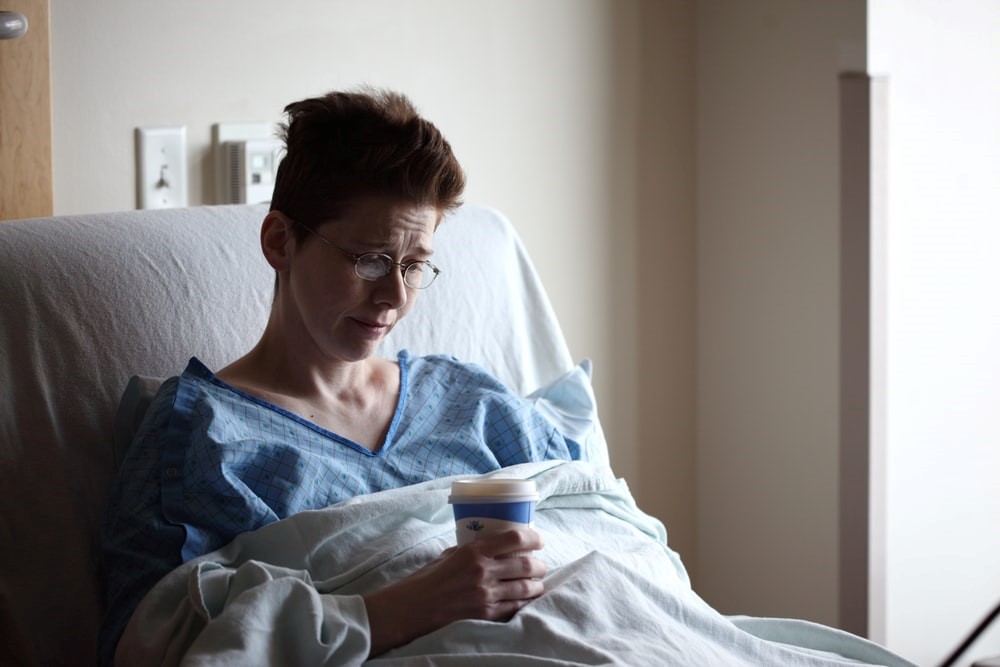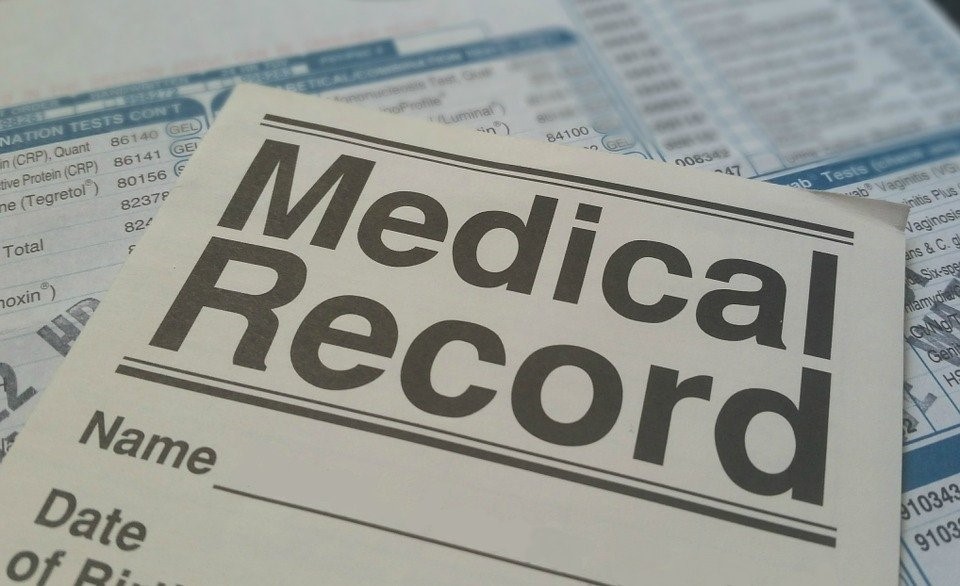
Medical negligence occurs in instances where the care provided by healthcare professionals is deemed to be negligent or below the standard reasonably expected, and directly results in physical injury, mental suffering, or undue distress. This can happen in a number of ways, including, mistakes made during surgery, misdiagnosis or prescription errors.
In circumstances where medical negligence results in unnecessary suffering and consequences for you or your loved ones, you may be entitled to seek compensation.
You typically must start your legal claim within three years from when the incident happened or when you first reasonably believed that your injury might have been caused by the treatment. It’s best to seek professional advice as soon as possible after the incident and it is important not to leave this until the last minute.
How to Make a Medical Negligence Claim
Step 1 – Initial Enquiry
Contact us, free of charge. Due to our ‘no win no fee’ policy, you will have nothing to lose by giving us a call. This arrangement means that if your case is unsuccessful, and you have cooperated fully during the process, you won’t have to pay a penny for your legal representation.
Our advisors can assess your case over the phone for free and determine whether the claim is likely to be successful.
Step 2 – Preliminary Assessment
We will collect information about the treatment you received to allow the best possible understanding of the quality of care and how it has affected your life.
Your legal representative will consider the circumstances surrounding your case and whether or not it has had reasonable prospects of success.
To be successful, we, as your specialist medical negligence solicitors, will need to prove that:
- The medical professionals who treated you provided substandard treatment, below what would reasonably be expected (known legally as a ‘breach of duty’); and
- As a result of that substandard treatment, you have suffered an injury, resulting in pain and loss of amenity such as, financial loss (known legally as proving ‘causation’).
If we believe that your case has sufficient prospects to succeed, we will be able to advise you upon the possible funding methods available to you and how best to proceed.
Step 3 – Medical Records

Once your claim has been accepted, we will begin the next stage of your case by obtaining relevant documentation and medical records relating to the care you received, as well as a detailed statement.
We will request copies of medical records and GP notes from the hospitals. Once received, our specialist team will thoroughly review them in order to identify the specific incidences of substandard treatment that resulted in injury or loss, and the potential defendants and disciplines involved.
Step 4 – Medical Evidence
Medical evidence will likely need to be obtained in order to establish the necessary legal tests, as outlined above, namely:
1) Proving that the defendant has breached the duty of care which you are owed/acted negligently;
2) Assessing the extent of any harm you have suffered as a result of that breach; and,
3) Considering your anticipated recovery, prognosis and any potential ongoing care needs.
Each aspect will be assessed in turn i.e. once supportive evidence from an expert has been obtained confirming that the treatment you received was negligent, we will then move on to consider the extent of any harm suffered, before finally considering your current position and ongoing requirements.
In the majority of cases, defendants will later seek to obtain their own medical evidence.
Step 5 – Negotiation
Once supportive medical evidence has been obtained a Letter of Claim will be submitted to the defendant, outlining your allegations in accordance with the opinion of the expert medical evidence in order to satisfy the necessary legal tests.
The defendant will have around four months in which to consider our allegations, obtain their own evidence and confirm their positon in respect of liability, namely: admit, deny or ask us for proof.
If the defendant admits liability and concedes that a breach of duty has occurred, then the parties will work together to assess the extent of any harm/causation, before attempting to negotiate the claims value.
In the event that liability is denied, it will be necessary to assess the strength of our case and any evidence held before considering whether there are sufficient prospects of success to warrant initiating court proceedings. However, it is fairly unlikely that your case will ever reach trial.
Sadly, if it is the case that the evidence in your claim is deemed insufficient to justify or support a claim to court, the claim may have to be discontinued.
Step 6 – Compensation
It is often challenging for any amount of compensation to fully-compensate for pain and suffering. However, it can often assist in improving your circumstances and quality of life.
You could be awarded financial compensation to assist with all out of pocket expenses, loss of earnings, and any potential private treatment costs you require to put things right. It can also cover rehabilitation costs and money towards any problems you may encounter as a result of your injury in the future.
Calculating the Compensation Award
When a claim for medical negligence is successful and the parties agree a settlement figure, the claimant will be awarded compensation. This financial compensation is typically made up of two parts:
General Damages - compensation for your pain, suffering and impact upon your day-to-day life. How much you receive will depend on the Judicial Studies Board Guidelines and past awards made in similar cases.
Special Damages - these include funds for any financial losses, whether in the past or the future, which have been incurred as a result of the negligence. In order for this to be calculated, we will seek to obtain supportive expert opinion, alongside evidence and documentary proof from you to support any claim.
Do You Want to Make a Medical Negligence Claim?
If, after reading the above process, you think you have a claim for substandard treatment and would like to start proceedings, please get in touch with our friendly and empathetic team of medical negligence solicitors to learn more.

